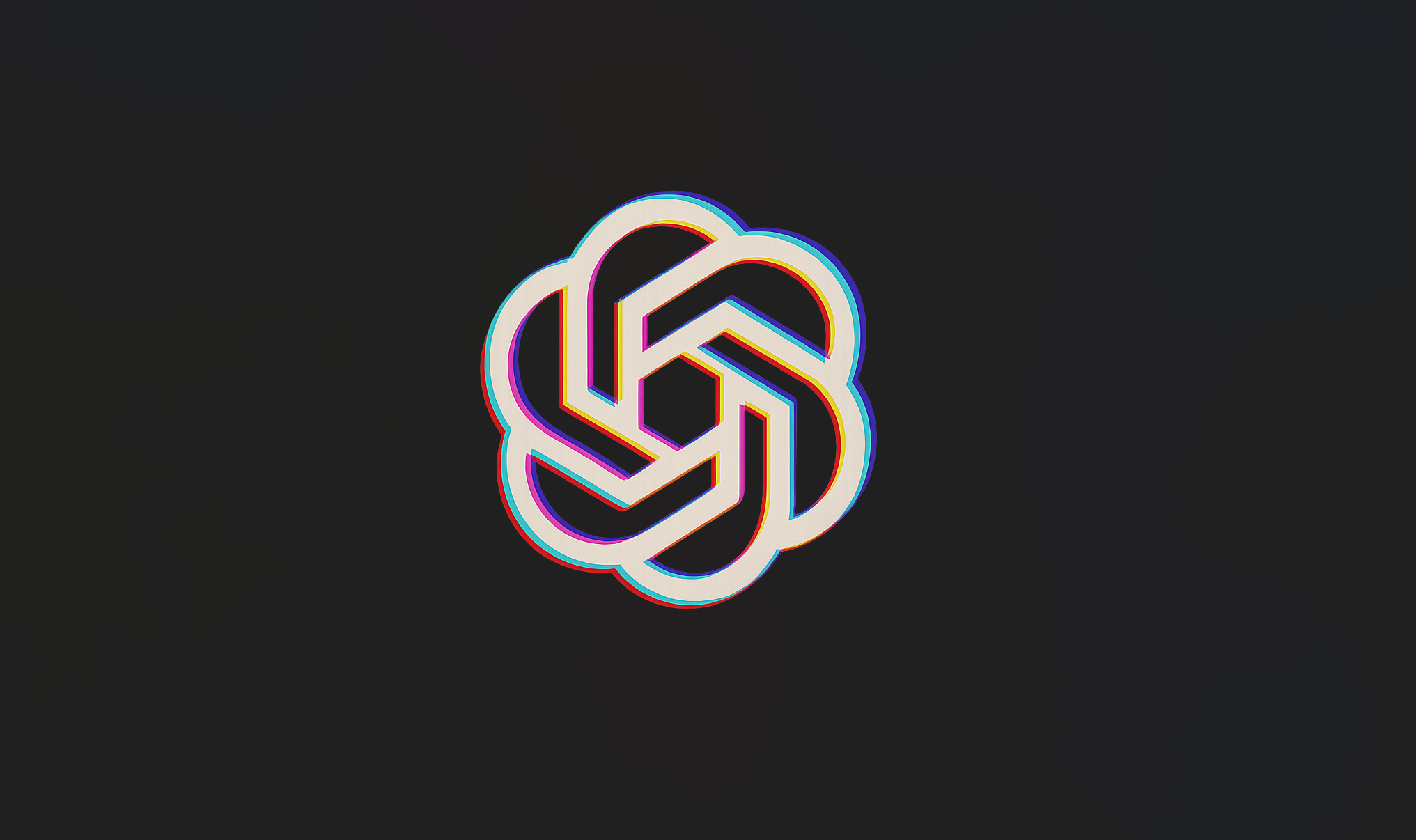Former OpenAI employees say Sam Altman misled them and betrayed the nonprofit mission

Former OpenAI staff members have filed court documents supporting Elon Musk's claims that the company has strayed from its charitable mission. The filing comes as OpenAI faces scrutiny over its planned transformation into a for-profit entity.
Twelve former OpenAI employees have submitted an amicus brief in support of Elon Musk’s lawsuit against the company, accusing OpenAI of betraying its original nonprofit mission. The brief was filed in a U.S. federal court by law professor Lawrence Lessig. An amicus brief, or "friend of the court" filing, allows third parties to present relevant information or perspectives that may inform judicial decision-making in ongoing legal proceedings.
Concerns over governance changes
The former employees—who include past research and policy leads as well as technical staff—worked at OpenAI between 2018 and 2024. In their court filing, they argue that the company’s nonprofit structure was not just symbolic but a critical condition for their involvement. According to the group, OpenAI’s charter committed the organization to developing artificial intelligence for the benefit of all humanity, and this mission played a central role in their decision to join.
Internal documents and public statements, including testimony from CEO Sam Altman before the U.S. Senate in May 2023, emphasized that the nonprofit entity maintained control over the company’s operations. Altman stated that profits for investors and employees were capped and that "the Nonprofit's principal beneficiary is humanity, not OpenAI investors."
The signatories argue that OpenAI’s plan to restructure its for-profit arm as a Public Benefit Corporation (PBC) would violate this principle. Under the new arrangement, operational control would be transferred to the PBC, while the original nonprofit would retain only a shareholder role. The brief states that this move would "remove central control mechanisms," undermining the nonprofit’s ability to enforce critical provisions of the OpenAI Charter.
Among the provisions at risk is the "merge-and-assist" clause, which requires OpenAI to collaborate with, rather than compete against, other safety-focused AGI (Artificial General Intelligence) initiatives. According to the brief, under the proposed restructuring, OpenAI "can no longer credibly commit to 'stop competing with and start assisting.'"
The signatories argue that transferring control to a for-profit entity would undermine this obligation. "Instead, for-profit shareholders who would control the subsidiary would be incentivized to do exactly the opposite in such a competitive scenario — race ahead to catch up, potentially cutting corners on safety to do so," they write.
Recruitment practices and internal dissent
The former employees also allege that OpenAI's nonprofit governance structure was used as a key recruitment tool, particularly for individuals with concerns about AI safety. Some reportedly turned down offers from competitors such as Google and Anthropic in favor of joining OpenAI believing that its nonprofit oversight would ensure ethical development.
In an affidavit included with the filing, former OpenAI researcher Todor Markov accuses CEO Sam Altman of misleading employees. Markov claims departing staff were required to sign strict confidentiality agreements to retain their earned equity. Altman initially denied knowledge of the agreements, but documents later surfaced bearing his signature.
"This course of events led me to believe that CEO Sam Altman was a person of low integrity who had directly lied to employees about the extent of his knowledge and involvement in OpenAI's practices," Markov wrote. He further alleged that OpenAI had used its charter "as a smokescreen, something to attract and retain idealistic talent while providing no real check on OpenAI's growth and its pursuit of AGI."
Musk’s lawsuit seeks to block restructuring
In December, OpenAI formally announced plans to reorganize its for-profit business into a Public Benefit Corporation, a legal structure intended to balance profit-making with social goals. According to the company, the nonprofit would continue to hold shares and support charitable projects independently, while the newly formed PBC would assume full operational control.
The restructuring has drawn criticism from multiple former OpenAI employees. Miles Brundage, who previously led AI policy at the company, warned of a creeping loss of control by the nonprofit. Jan Leike, who resigned over concerns about the company’s security practices, stated: "Not what I signed up for when I joined OpenAI. The nonprofit needs to uphold the OpenAI mission!"
Elon Musk's lawsuit aims to prevent OpenAI from completing the restructuring. If successful, the case could significantly affect the company’s operations: current investor funding is contingent on the reorganization being finalized by the end of the year. A delay could jeopardize OpenAI’s access to future financing and alter its strategic direction. The case is not expected to go to trial until spring 2026.
Markov emphasizes on X that the filing should not be interpreted as support for Musk personally. "The nonprofit needs to retain control of the for-profit," he wrote. "This has nothing to do with Elon Musk and everything to do with the public interest."
AI News Without the Hype – Curated by Humans
As a THE DECODER subscriber, you get ad-free reading, our weekly AI newsletter, the exclusive "AI Radar" Frontier Report 6× per year, access to comments, and our complete archive.
Subscribe nowAI news without the hype
Curated by humans.
- Over 20 percent launch discount.
- Read without distractions – no Google ads.
- Access to comments and community discussions.
- Weekly AI newsletter.
- 6 times a year: “AI Radar” – deep dives on key AI topics.
- Up to 25 % off on KI Pro online events.
- Access to our full ten-year archive.
- Get the latest AI news from The Decoder.